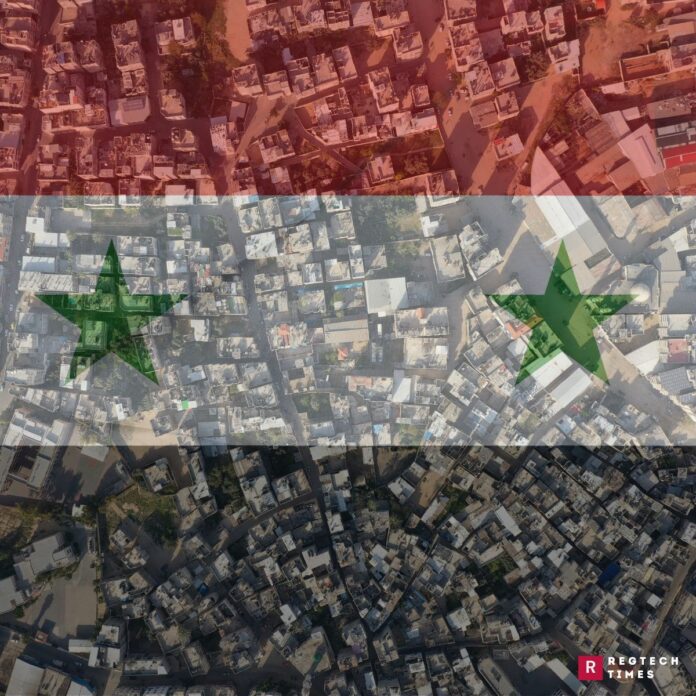The volatile geopolitical environment in the Middle East experienced a notable intensification on a recent Monday. The Iranian embassy in Syria was directly attacked by suspected Israeli airplanes in the Mezzeh neighborhood of Damascus. Three senior commanders and seven other Iranian military advisors were tragically lost as a result of this audacious effort. The ongoing struggle between Israel and its regional opponents has been marked by a significant escalation, as indicated by the event.
Immediate Aftermath and Responses
The attack was not overlooked, and various quarters responded right away. At the scene, Syria’s interior minister and foreign minister, Faisal Mekdad, denounced the bombing as a “heinous terrorist attack” that targeted the Iranian embassy and claimed the lives of innocent people. The apparent seriousness of the incident and its possible effects on regional stability are highlighted by the Syrian response.
Iran’s Standpoint
Iran’s U.N. mission swiftly and harshly responded to the hit, characterizing it as a “flagrant violation of the United Nations Charter, international law, and the foundational principle of the inviolability of diplomatic and consular premises.” Seven of its military advisors, including a senior commander of its special Quds Force, have died, according to confirmation from Iran’s Islamic Revolutionary Guard Corps (IRGC). Tehran’s assessment of the attack’s seriousness and its consequences for regional peace and security is reflected in the IRGC’s statement and Iran’s request for the U.N. Security Council to denounce it.
Israel’s Silence and International Speculation
Israel refrained from confirming its role in the strike in accordance with long-standing policy. This quiet is in line with Israel’s customary attitude toward military operations in Syria. But The New York Times quoted anonymous Israeli officials admitting Israel was involved in the strike, which raised more questions about the operation’s intentions and possible outcomes on a global scale.
Global Reactions and Condemnations
The world community hasn’t been quiet about this. The incident has been denounced by a number of Muslim countries, including Saudi Arabia, the United Arab Emirates, Pakistan, Jordan, Oman, Iraq, and Qatar. Russia expressed its condemnation as well, emphasizing the general worry that the event might worsen already tense relations in the area.
U.S. Position and Concerns
Through a spokesman for the State Department, the US voiced worry about any possible escalation or intensification of the fighting in the area. The U.S. said that it did not anticipate that the hit would impact current negotiations on the release of Israeli captives held by Hamas, although admitting the seriousness of the situation. This indicates a difficult balancing act of diplomatic objectives.
Hezbollah’s Vow for Retaliation
Iran’s potent armed operative in the area, Hezbollah, declared, “This crime will not pass without the enemy receiving punishment and revenge,” and pledged to exact revenge. This declaration emphasizes the significant risks and the possibility of further escalation in an area already plagued by competition and violence.
Geopolitical tensions in the Middle East have significantly increased since the bombing of Iran’s embassy in Syria. The episode underscores the complex network of alliances, enmities, and strategic interests that persistently influence the future of the area, given the involvement or implicating of several foreign entities. The course of current tensions and the likelihood of either a de-escalation or further confrontation will surely be determined in the days to come.


